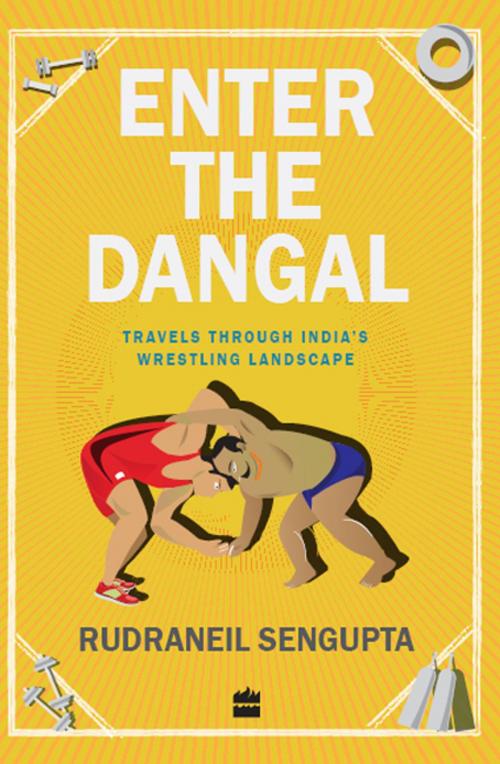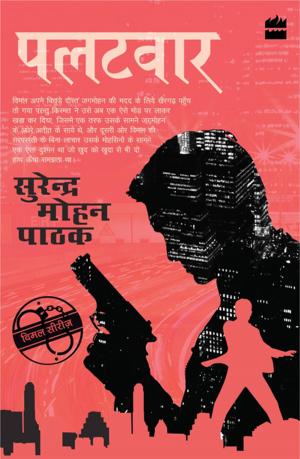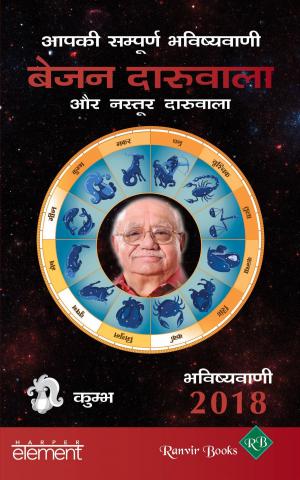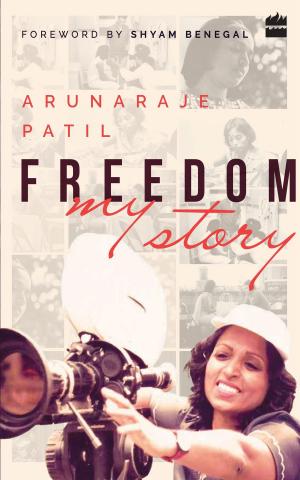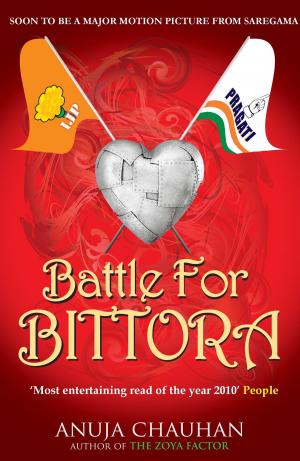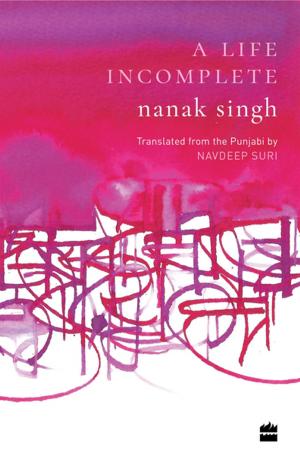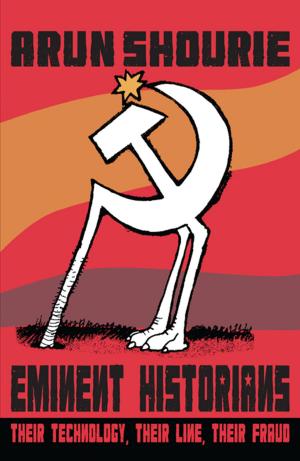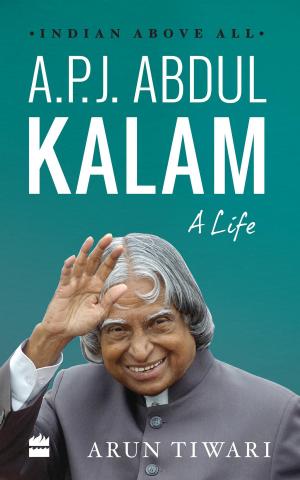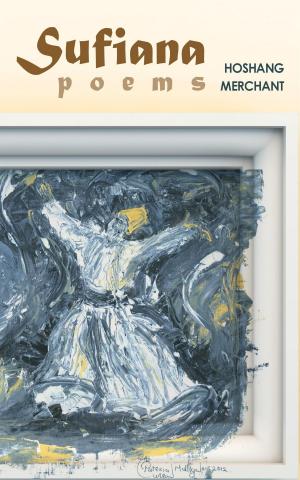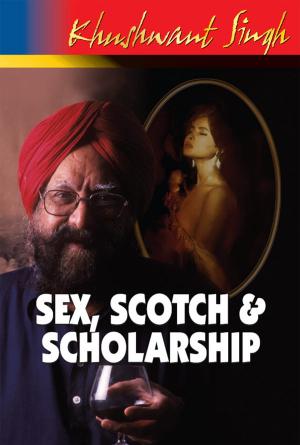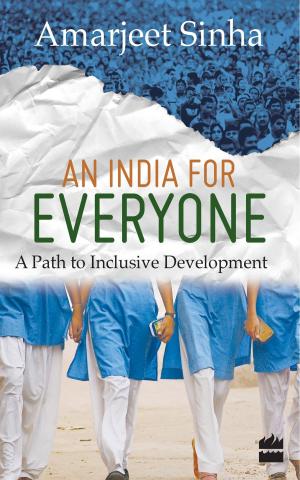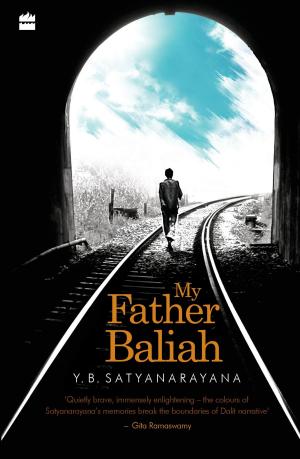Enter the Dangal: Travels through India's Wrestling Landscape
Nonfiction, Sports, Individual Sports, Wrestling| Author: | Rudraneil Sengupta | ISBN: | 9789350297704 |
| Publisher: | HarperCollins Publishers India | Publication: | July 10, 2016 |
| Imprint: | HarperSport | Language: | English |
| Author: | Rudraneil Sengupta |
| ISBN: | 9789350297704 |
| Publisher: | HarperCollins Publishers India |
| Publication: | July 10, 2016 |
| Imprint: | HarperSport |
| Language: | English |
'When I'm on the mat, I'm so filled with this awareness that the slightest touch feels like electricity to my body, and my body reacts to that the same way it would have reacted if I touched a livewire.' Wrestling, kushti, rules the farmlands, as it has for centuries. It had pride of place in the courts of Chalukya kings and Mughal emperors. It was embraced by Hinduism and its epics, and has led its own untroubled revolution against the caste system. The British loved it when they first came to India, then rejected it during the freedom struggle. No, wrestling has never been marginal - even if it is largely ignored in modern-day narratives of sport and culture. From the Great Gama to Sushil Kumar - whose two Olympic medals yanked the kushti out of rural obscurity and on to TV screens - and the many, many pehalwans in between, Enter the Dangal goes behind the scenes to the akharas that quietly defy urbanization. It travels to villages and small towns to meet the intrepid women who fight their way into this 'manly' sport. Beyond the indifferent wrestling associations and an impervious media is an old, old sport. Enter the dangal, and you may never leave.
'When I'm on the mat, I'm so filled with this awareness that the slightest touch feels like electricity to my body, and my body reacts to that the same way it would have reacted if I touched a livewire.' Wrestling, kushti, rules the farmlands, as it has for centuries. It had pride of place in the courts of Chalukya kings and Mughal emperors. It was embraced by Hinduism and its epics, and has led its own untroubled revolution against the caste system. The British loved it when they first came to India, then rejected it during the freedom struggle. No, wrestling has never been marginal - even if it is largely ignored in modern-day narratives of sport and culture. From the Great Gama to Sushil Kumar - whose two Olympic medals yanked the kushti out of rural obscurity and on to TV screens - and the many, many pehalwans in between, Enter the Dangal goes behind the scenes to the akharas that quietly defy urbanization. It travels to villages and small towns to meet the intrepid women who fight their way into this 'manly' sport. Beyond the indifferent wrestling associations and an impervious media is an old, old sport. Enter the dangal, and you may never leave.
